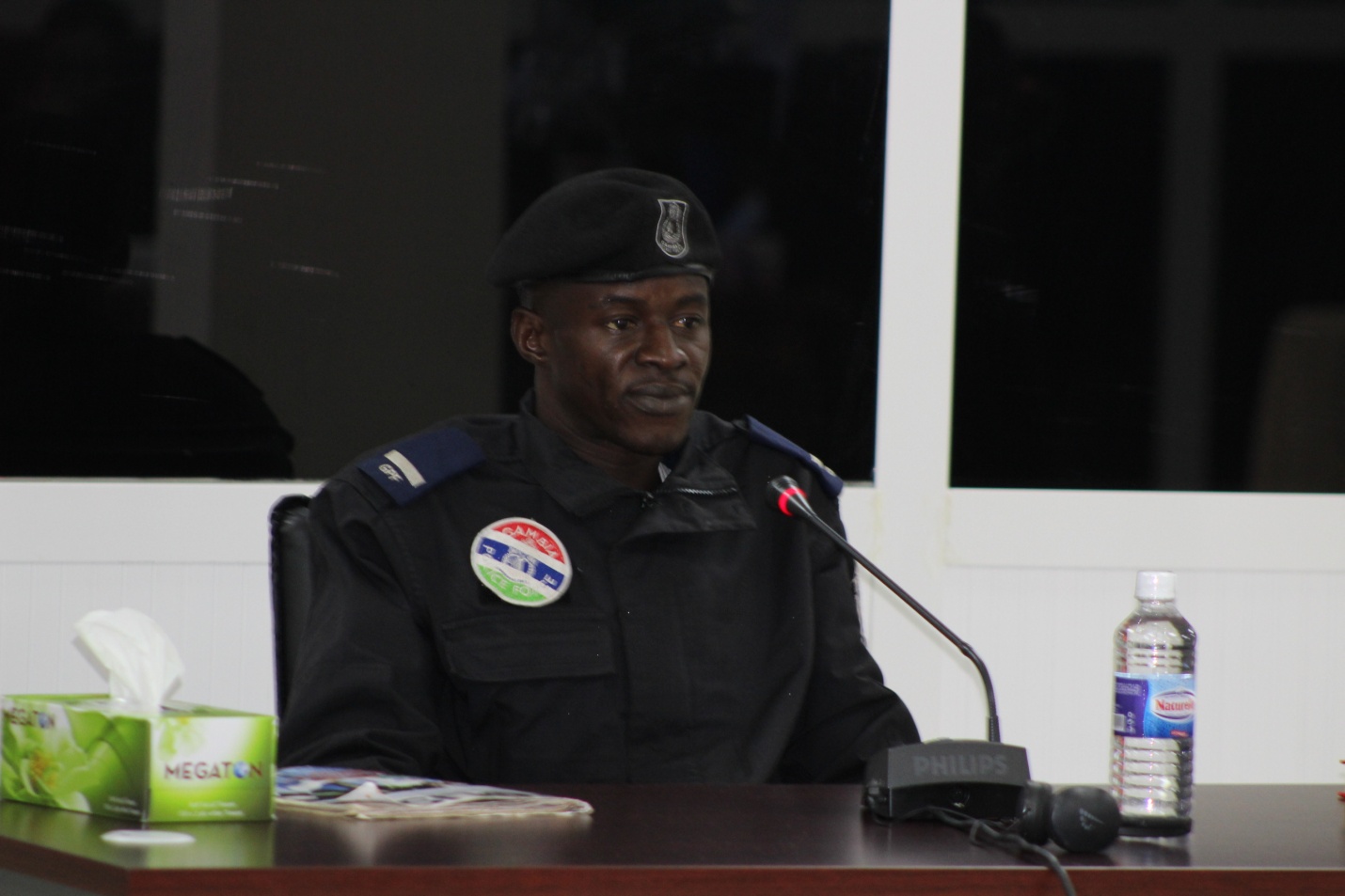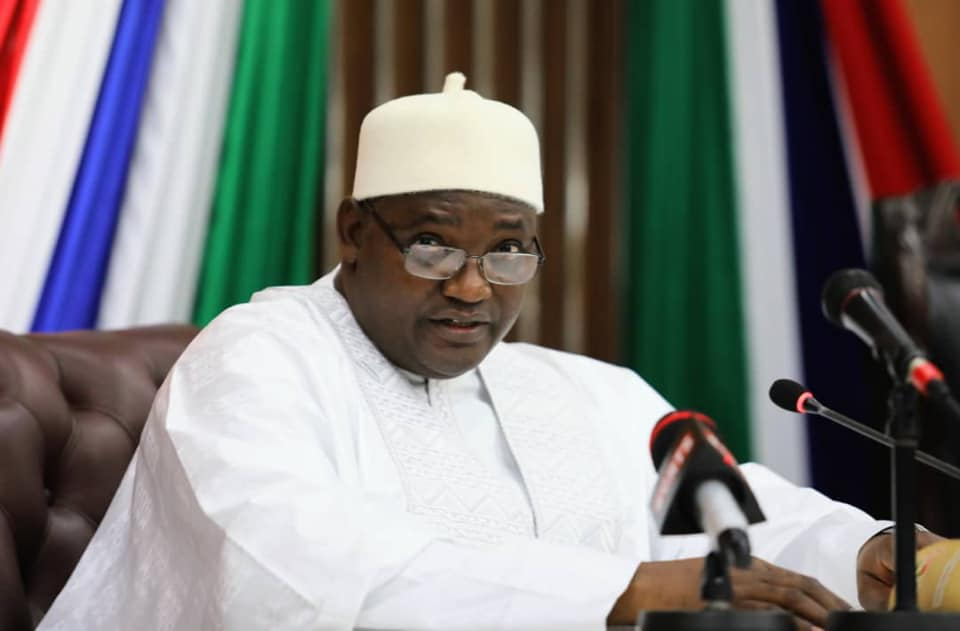Lawyer Ida Drammeh on Friday continued his interrogation of opposition UDP Campaign Manager Momodou Sabally in the defamation case filed by his client Abubakary Jawara at the high court.
Last year, the GACH Global CEO filed a defamation lawsuit against Mr Sabally demanding D8 million compensation for damages.
But responding to counsel Drammeh’s question in a marathon interrogation, Sabally told the court that he always speaks for the public good and public interest with no malicious intent as put to him by Counsel Drammeh.
Asked whether he is a politically exposed person?
Sabally argued: “To the effect that I am a politician, yes.”
Asked whether it is correct that he is not familiar with the NEA Laws, Sabally said: “I am not familiar with the NEA Laws. But I am familiar with the intent and purposes of the laws to the effect that I did a module on it during my first year as an undergraduate program student. I know these laws are to protect the environment for the public good and the public interest.”
On whether he is aware that mining is one of those things that require Environmental Impact Assessment before a license can be granted, Sabally responded: “Yes.”
Asked whether it is correct that he did not check whether the Environmental Impact Assessment was done before he made his comments Jawara, Sabally responded: “Yes, but I don’t have to check that in order to make a fair comment on it.”
At that juncture, Lawyer Drammeh put it to Sabally that he is reckless and malicious.
But Sabally insisted: “No, I speak for the public interest and the public good.”
But lawyer Drammeh further told Sabally that he has no right based on public interest to say things that are false or wrong.
In response, Sabally argued: “Yes, but I did not say anything that was false and wrong. I am aware of the plaintiff’s mining business.
When asked whether he has seen Jawara’s bids for government projects, Sabally responded: “I have not seen any of Abubakary Jawara’s bids but I heard about it in newspapers and social media.
Asked whether he wants people to believe everything on social media, Sabally responded: “Not necessarily.”
Asked whether he believes anything published in newspapers, Sabally argued: “Not, necessarily, because not everything in the newspapers is true but they can be facts. Some write things about me that are not true.”
Sabally further told the court that he is not aware of issuing a license to Mr Jawara by the office of the IGP for the importation of guns.
On whether he is aware that the police issued the same licence for personal use and importation, Sabally responded: “I am not aware of that.”
At that juncture, counsel Drammeh then applied to tender a letter written to Mr Jawara by the office of the IGP for inspection.
But Sabally counsel objected to the admission of the letter, saying the document is a photocopy and that a proper foundation should be laid before it will be admitted into the evidence.
In her response, counsel Drammeh asked the court to give her time to produce the original copy of the letter.
The presiding judge, Justice Bakre rejected the admission of the letter on the basis that it is a photocopy.
Asked whether he made any finding to ascertain whether the IGP wrote to Mr Jawara, Sabally said: “I do not have to when there is rampant inflation of drugs, high rate of deportation and crimes. I do not have to, in order to make a fair comment on the matter based on its seriousness. I also did not check and I do not have to check with the IGP given that these guns are subject to investigation.”
When counsel Drammeh insisted that he didn’t verify before making his comments, Sabally responded: “I do check the accuracy of whatever I published.”
Responded to a question on whether his comments generate responses, Sabally said: “Yes, for the common good. An example is the public advertisement of condoms, when I wrote about it, the government brought it down.”





